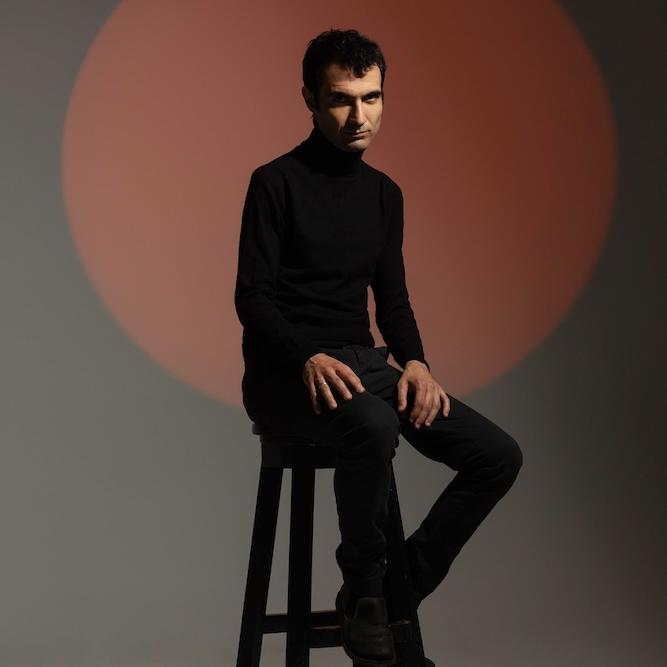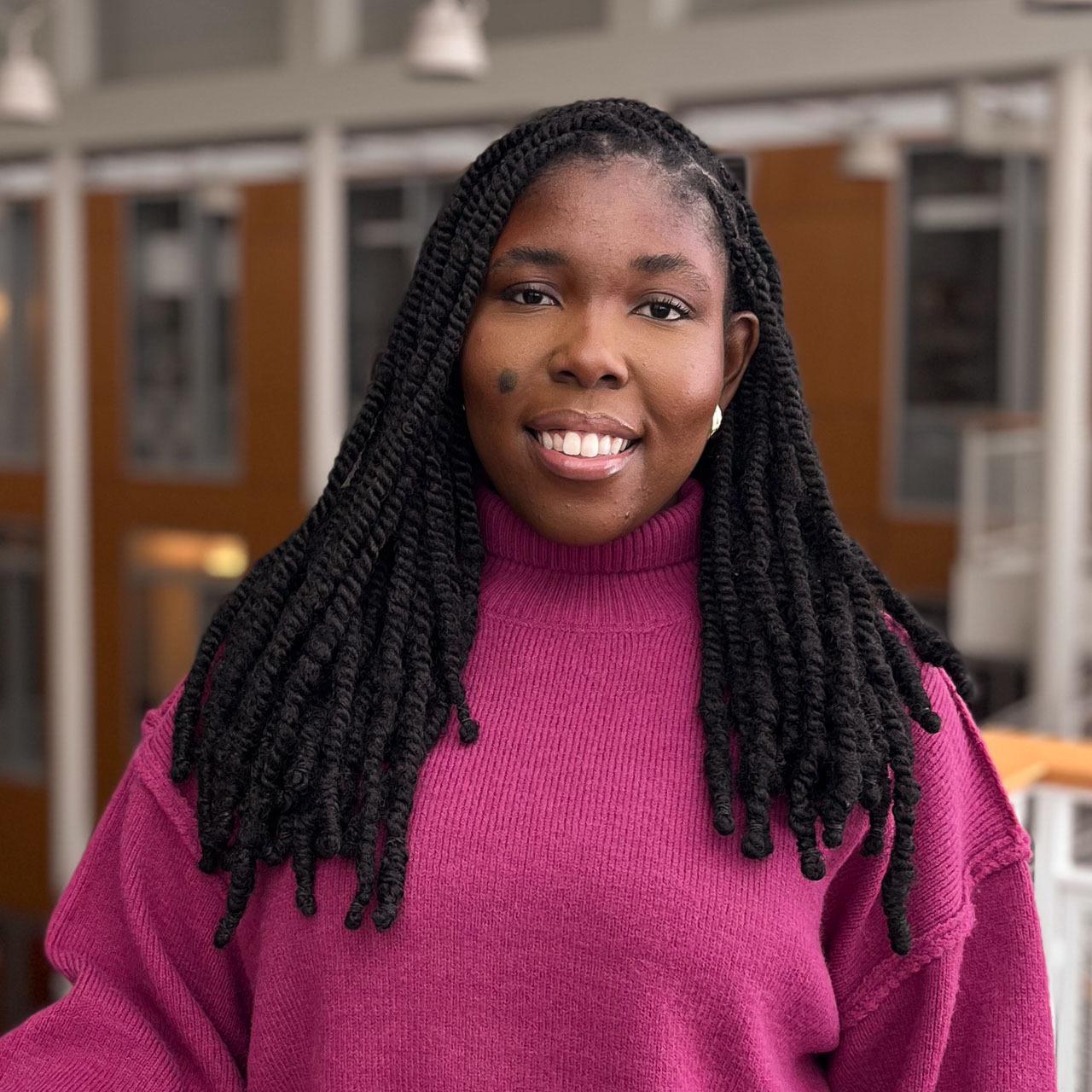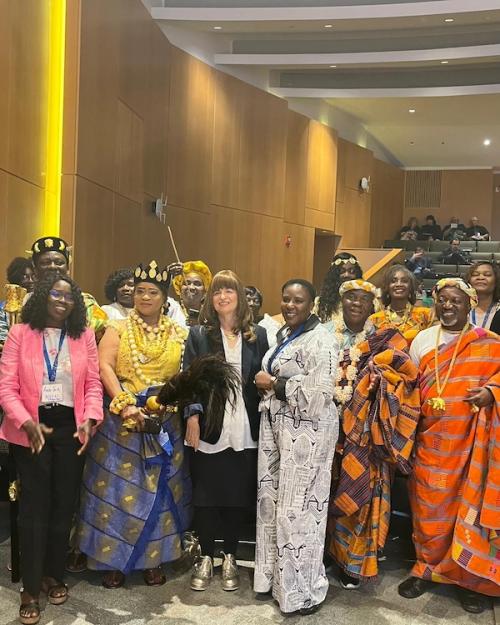This past summer, a major international meeting on education was held at Cornell: the International Congress of World Council of Comparative Education Societies (WCCES). The theme was “Fostering Inclusive Ecologies of Knowledge: Education for Equitable and Sustainable Futures.”
Hosted by Cornell July 22-26, the hybrid conference was co-convened by the WCCES with its headquarters at the International Bureau of Education in Geneva, Switzerland, and the United Nations Educational Scientific Cultural Organization (UNESCO) in Paris, France. The congress was co-organized by the Dutch Speaking Society of Comparative Education (NGVO), Amsterdam, The Netherlands, and the Indian Ocean Comparative Education Society (IOCES) in Mumbai, India.
Sub-themes of the congress included comparative and international education; fostering epistemological synergies; culture, the arts, and knowledge; political economy of research, decolonizing curricula, teaching and learning; and governance of knowledge in a changing landscape. The global conference received 1,150 submissions from scholars and practitioners from 112 countries, representing five continents, out of which 400 attended in-person while the rest of the contributors participated virtually through Zoom.
“Each sub-theme offered a vast array of detailed topics that led to engaging presentations and discussions on conceptual, theoretical and methodological perspectives, historical and empirical studies offering insights from across the globe with comparative and interdisciplinary frameworks,” said N’Dri Assié-Lumumba, professor of Africana studies and WCCES outgoing president.
Cornell Interim President Michael Kotlikoff and Peter John Loewen, the Harold Tanner Dean of Arts and Sciences, both offered remarks at the opening plenary, which included talks by Stefania Giannini, Assistant Director-General on behalf of UNESCO Director-General Ms. Audrey Azoulay; Professor Sylvia van de Bunt, Chair of NGVO; and Professor Kanishka Bedi, President of IOCES.
Five keynote speeches were delivered from comparative education scholars from different parts of the world during the congress: Nelly Stromquist, University of Maryland, on “Symbols and Reality in the Quest for Quality Public Education”; Miki Sugimura, Sophia University, Japan, on “Comparative Education for the Future of Peace and Human Security”; Fons Trompenaars, Vrije University, Amsterdam, The Netherlands, on “Towards a cross-cultural ecology of knowledge: combining opposites in AI”; Armando Alcantara, National Autonomous University of Mexico on “Migration and Right to Education in a Turbulent World”; and Dr. Sobhi Tawil, UNESCO, France, on “Future of Education.”
“In addition to the keynote addresses, stimulating deliberations took place during the presidential panels and parallel sessions,” said Assié-Lumumba, mentioning as an example the presidential panel on “Aligning Higher Education to Address the Challenges and Opportunities of Global Society in the 21st Century,” led by World Academy of Art and Science President Gary Jacobs.
“And in different buildings across campus, enlightening presentations were made by scholars from across the globe in different socio-political contexts with diverse forms and degrees of challenges and enabling environments,” Assié-Lumumba said.
The congress concluded with a report by the outgoing WCCES president Assié-Lumumba and the announcement of the new leadership, including Kanishka Bedi, Cornell Visiting Scholar and WCCES Executive Director as the new president for a three-year term.
“Judging by the atmosphere during the event and feedback since then, the congress was successful as an intellectually engaging and a pleasant experience, both on the Cornell campus and virtually,” Assié-Lumumba said. “I offer my deepest appreciation to the Cornell community members who provided support for the congress.”
Further information on the presentations is available on the final program on the congress website.




